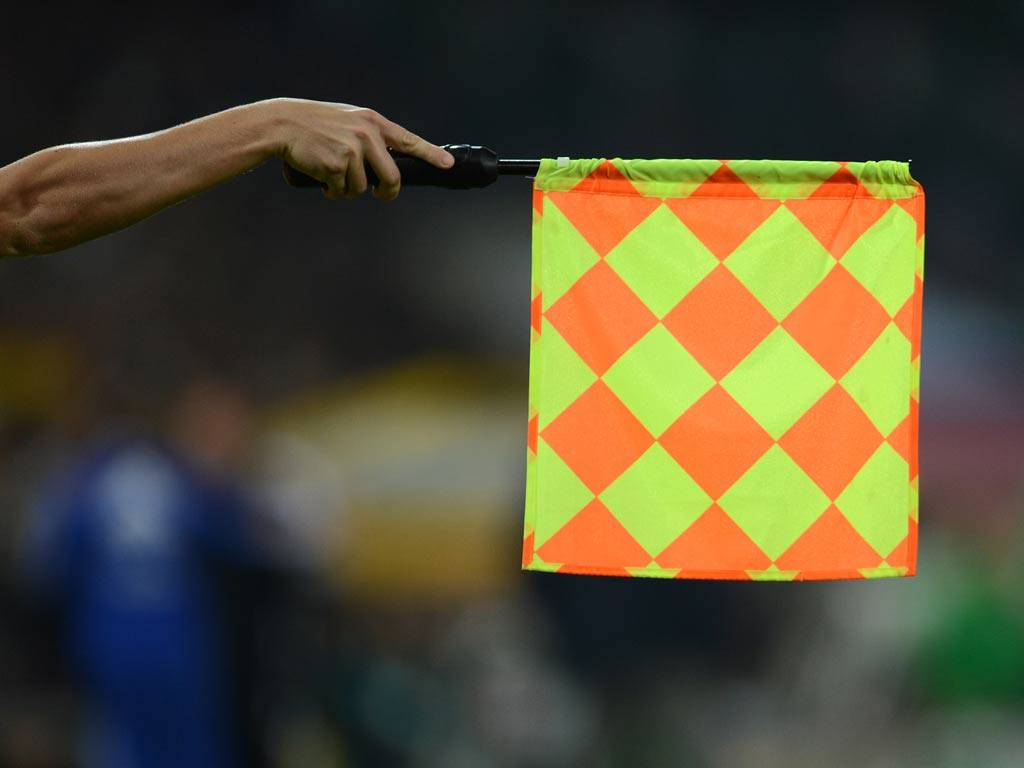 In wake of the death of the 21 year old referee whose death last Friday received worldwide attention, Citi Sports editor Gary Al-Smith offers a comprehensive background and update of the case.
In wake of the death of the 21 year old referee whose death last Friday received worldwide attention, Citi Sports editor Gary Al-Smith offers a comprehensive background and update of the case.
The family of the deceased football referee who was beaten at a match in the Western Region on the March 2 has distanced itself from statements linking the assault to his death on March 7.
Representatives of the family have told Citi Sports on Tuesday that the late Kwame Andoh-Kyei was “fine” in the five days after the assault of the game and until an official autopsy report is completed, they would appreciate a reduction in the speculative nature of commentary among the general public.
No interest
Meanwhile, the Divisional Crime Officer of the Ghana Police in the area, Chief Inspector Oscar Amponsah says the force cannot generate interest in the case since there is no evidence of the commission of crime before the death of the referee.
This is surprising considering that there have been several eyewitness accounts of the beatings meted out to the late referee.
He had been assaulted after Gold Stars fans were alleged to have been displeased following the awarding of a late penalty to the opposing Naajoe United.
However, chairman of Gold Stars, Obed Asamoah has denied the accusations against his club’s fans.
“I deny all allegations that our club supporters beat the referee to death,” Asamoah told Metro FM in Ghana’s second city, Kumasi.
He went on: “We first and foremost cannot conclude that the event that took place during the match is the cause of death of the referee. There was no beating at the match just a simple misunderstanding with tempers flying and therefore allegations against my club supporters of the death of this referee are not true.”
Media reports had initially linked the March 2 assault to Andoh-Kyei’s death five days later.
Reaction
According to Kofi Andoh-Kyei, older brother of the late Kwame, the 21-year-old did sustain assault-
related injuries after the game between Gold Stars and Naajoe United but admitted that they failed to report the incident at a medical facility or the police.
That notwithstanding, there has been public outrage at the slow nature of reaction from police and football authorities in the wake of the incident but events have been gathering pace since Monday.
The Public Relations Officer in the Western Region, Assistant Superintendent of Police (ASP) Olivia Ewurama Adiku says her outfit only heard of the case on Monday morning.
Meanwhile, Kofi also told Citi Sports that there was no doctor on duty at the health facility where his late brother had been rushed on the day of his death.
Delays
On their part, the Disciplinary Committee of the Western Regional Football Association (WRFA) have revealed that they only received a match report on March 8, a day after the third-tier league referee died – and six clear days after the assault.
The Committee has also banned the Bordie Park, home grounds of Gold Stars, until further notice while the Executive Committee of the WRFA is scheduled to visit the family of the deceased later on Tuesday.
In a related development, the Western Region arm of Referees Association of Ghana has also ordered its members not to officiate any Division 2 games until further notice.
“Protection for referees in those games is almost non-existent so we have asked our members in the Western Region not to officiate games until we can guarantee that they are safe,” Ghana Referees Association chief and former referee Alex Quartey has told BBC Sport.
“We are keen not to draw any conclusions until we have seen the medical report but there are too many cases of assault against referees, especially in the lower divisions, and we will take that up with the highest authorities.”
The story has gripped the Ghanaian media, especially in the Western Region, but referees are regularly beaten in the lower rungs of Ghana’s football pyramid.
Plenty precedent
It is only when the assaults lead to near-death that they receive such national coverage. Last year alone, there were over 35 reports of assault on officials by journalists countrywide.
In 2012, the one incident that made headlines was that of Patrick Kyeremanteng, who was almost paralyzed after being severely beaten at a televised top flight premier league game.
The attention caused minimal reaction, however, as the Ghana FA boss visited him at the hospital, donated some products and made pledges to nip fan hooliganism in the bud.
The team whose fans meted the beatings was Dwarfs and they were given a hefty fine in addition to a 12-match ban which sharply altered the trajectory of their season.
But none of the perpetrators were brought to book.
By: Gary Al-Smith/citifmonline.com/Ghana


